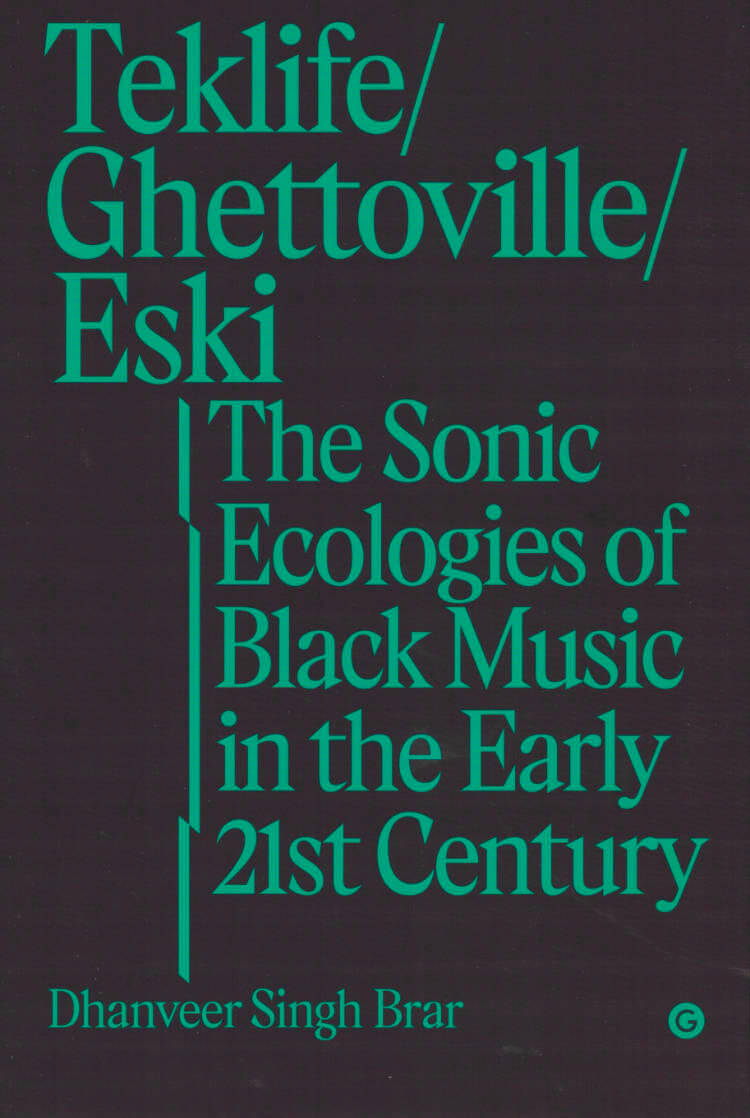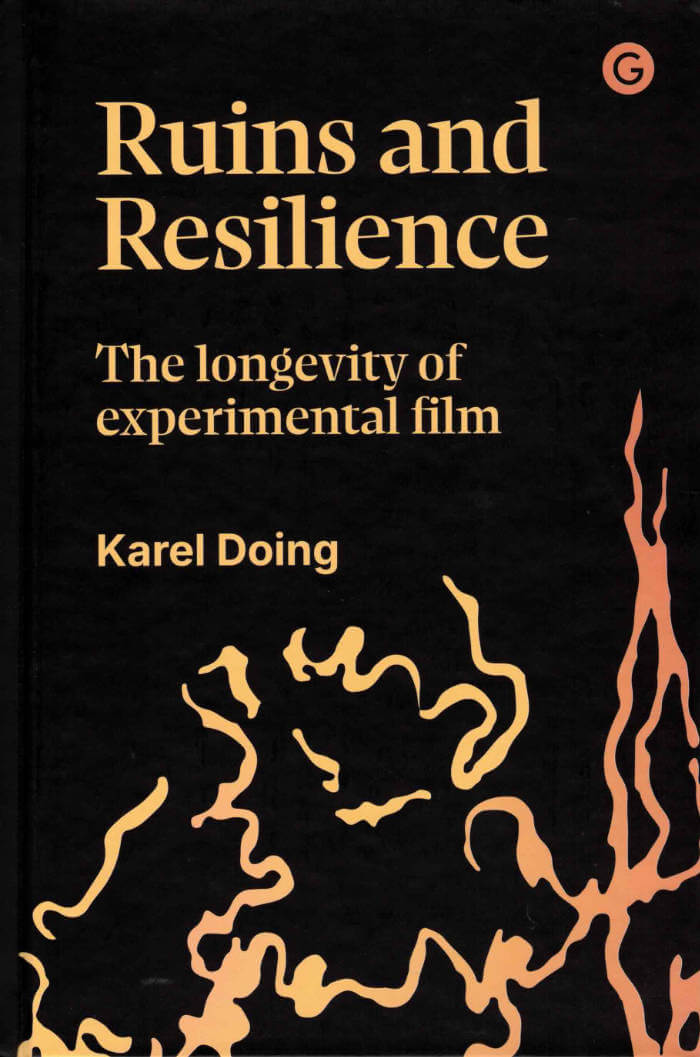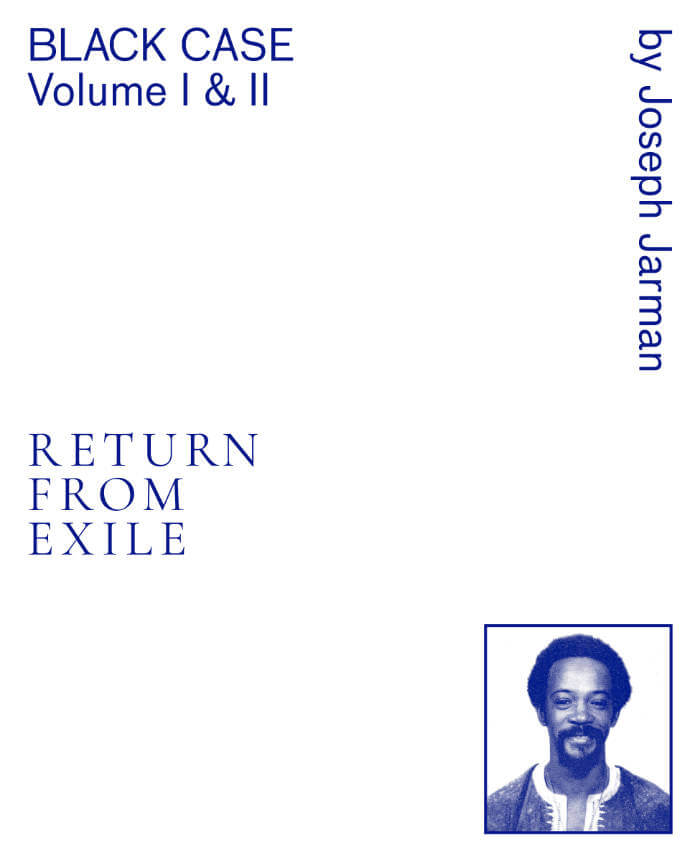
Teklife, Ghettoville, Eski: The Sonic Ecologies of Black Music in the Early 21st Century
Teklife, Ghettoville, Eski argues that Black electronic dance music produces sonic ecologies of Blackness that expose and reorder the contemporary racialization of the urban—ecologies that can never simply be reduced to their geographical and racial context. Dhanveer Singh Brar makes the case for Black electronic dance music as the cutting-edge aesthetic project of the diaspora, which due to the music's class character makes it possible to reorganize life within the contemporary city.
Closely analysing the Footwork scene in South and West Chicago, the Grime scene in East London, and the output of the South London producer Actress, Brar pays attention to the way each of these critically acclaimed musical projects experiment with aesthetic form through an experimentation of the social. Through explicitly theoretical means, Teklife, Ghettoville, Eski foregrounds the sonic specificity of 12 records, EPs, albums, radio broadcasts, and recorded performances to make the case that Footwork, Grime, and Actress dissolve racialized spatial constraints that are thought to surround Black social life.
Pushing the critical debates concerning the phonic materiality of blackness, undercommons, and aesthetic sociality in new directions, Teklife, Ghettoville, Eski rethinks these concepts through concrete examples of contemporary black electronic dance music production that allows for a theorization of the way Footwork, Grime, and Actress have—through their experiments in blackness—generated genuine alternatives to the functioning of the city under financialized racial capitalism.
Language: English







